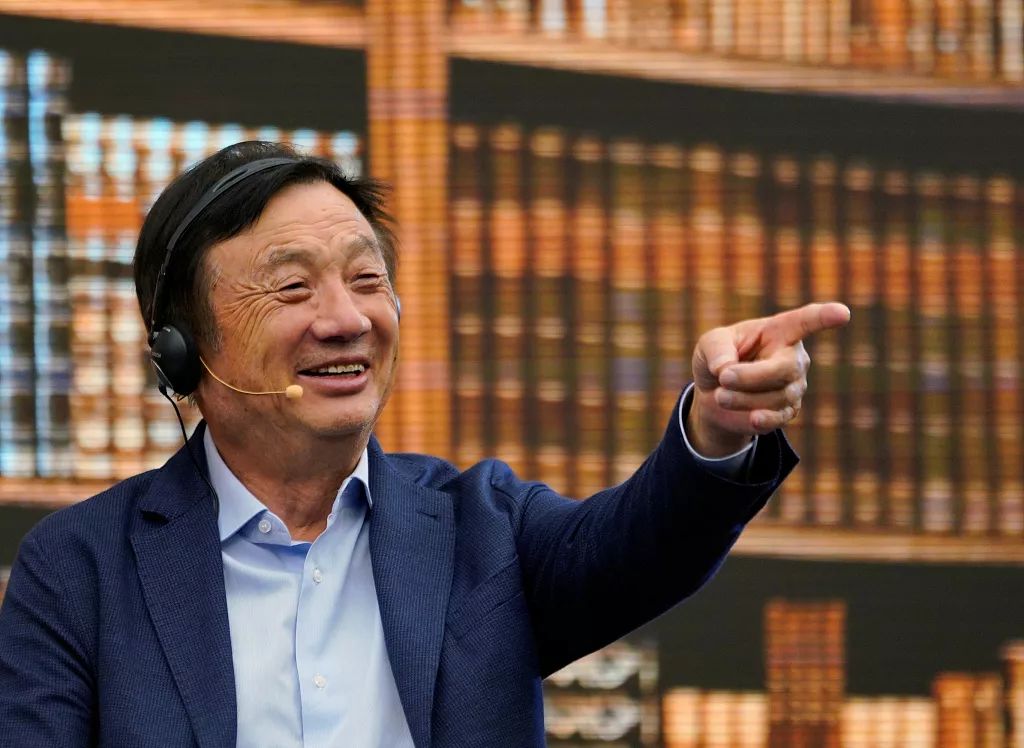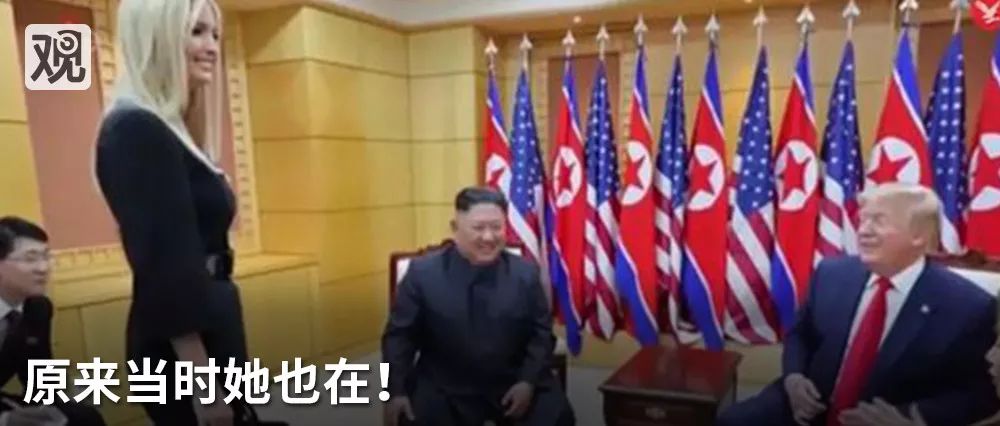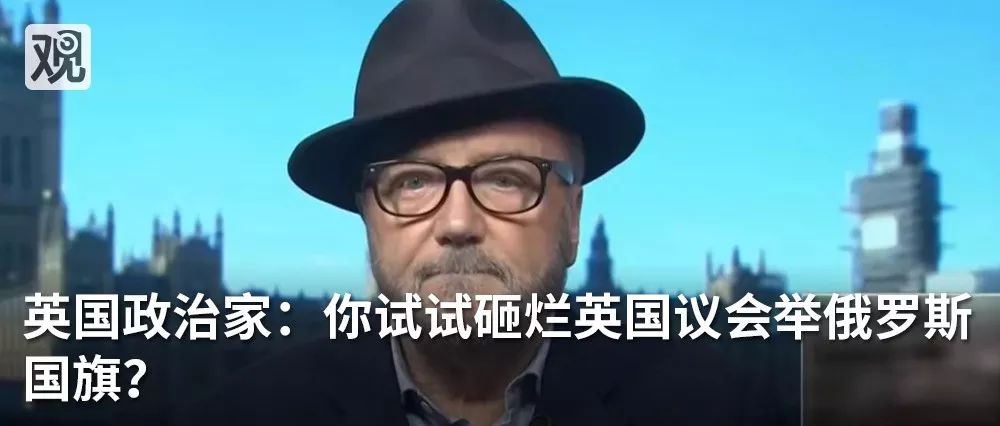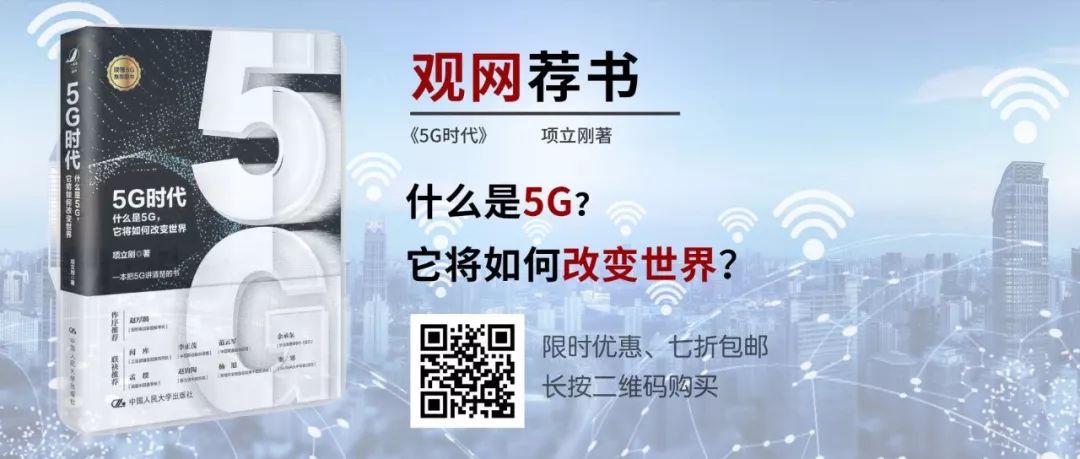► By Observer Network, Gu Zhixuan
According to a report by the Financial Times on April 4, Huawei founder Ren Zhengfei predicts that the next area the U.S. will target in its crackdown on Huawei will be the Internet of Things (IoT) and smart factories.
“Let them strike,” Ren Zhengfei said, showing indifference to the situation.
In terms of IoT standard-setting, Ren compared Huawei with American companies, stating, “If we were to hold a vote on IoT standards, they would vote for Huawei, because Qualcomm has not done much work in the IoT field, while we have conducted extensive research.”

Ren Zhengfei, image from Visual China

“Let Them Strike”
The report indicates that Huawei has been rapidly developing chips and software to enable enterprises to connect factory floors to the internet, using sensors for automation and monitoring of production lines.
China’s manufacturing strength provides Huawei with a vast potential technology market and gives it the opportunity to set standards that could be adopted globally. According to previous data from China’s Ministry of Industry and Information Technology, the scale of China’s industrial IoT market reached nearly 300 billion yuan (approximately 44 billion USD) last year, growing at an annual rate of about 25%.
Ren Zhengfei predicts that once Huawei becomes a leader in the IoT industry, the Trump administration will turn its attention to this field. He stated directly, “Next, they (the U.S.) will target us in the IoT field, so let them strike.”
The Financial Times believes that Huawei’s goal is to dominate the global IoT market by setting industry standards, a model increasingly adopted by Chinese companies.
The report notes that while there is currently no clear industry leader in the emerging industrial IoT hardware and platform market, analysts indicate that Huawei offers the widest range of products.
Milly Xiang, an analyst at the well-known U.S. market research firm Gartner, stated, “From front-end chips to operating systems, networks, edge gateways, platforms, security, and data analytics, Huawei has comprehensive capabilities.”
“Huawei is very proactive in contributing to IoT-related standards, but currently, no one really has the scale to set actual standards,” she added.
The report mentions that Huawei hopes its 5G technology can translate into a dominant position in the industrial IoT, as high-speed connections are essential for transmitting large amounts of data from industrial equipment for data analysis, and Huawei holds the most patents required for global 5G standards.
Industrial IoT differs from 5G wireless networks, whose standards are mainly determined by international standardization organizations like 3GPP, while in the industrial IoT space, several industry associations have just begun to set standards.
Alex West, an analyst at market research firm IHS Markit, believes that in the next five years, the industrial IoT industry may consolidate under the leadership of “key players,” but there will not be a situation where “one vendor dominates all.”
“Compared to many other companies, Huawei does offer a relatively broad range of IoT technologies, but no single company can provide a complete industrial IoT solution,” West said.
Milly Xiang also noted that Huawei has an advantage in network products among the various components of industrial IoT.
The report states that outside of China, Huawei’s OceanConnect IoT platform will compete with cloud service providers like Amazon and Google. In the field of IoT communication chips, Huawei’s competitors are Qualcomm and Intel.

“Trump’s Statement Has Little Impact on Huawei”
Last weekend, Trump’s stance on Huawei softened; he stated at a press conference after the G20 Osaka summit that U.S. companies could continue to sell parts to Huawei. However, he later clarified that Huawei had not been removed from the “entity list.”
Subsequently, U.S. White House economic advisor Kudlow clarified that the statement regarding the “lifting of restrictions” on Huawei did not mean a “pardon,” but as long as the relevant products do not pose a “threat to U.S. national security,” the U.S. Department of Commerce would approve more export licenses, allowing U.S. companies to sell to Huawei.
On the 2nd, to downplay the impression that the U.S. had made concessions, White House trade advisor Navarro stated that the agreement to lift some low-end chip restrictions was aimed at bringing China back to the negotiating table.
Regarding the Trump administration’s statements, Ren Zhengfei told the Financial Times that this will not have a “significant impact” on Huawei’s business, as they have adapted to the new era of being targeted by the U.S.
“President Trump’s statement is a good thing for U.S. companies. Huawei is also willing to continue purchasing products from U.S. companies. However, we do not see this having a significant impact on what we are currently doing. We will continue to focus on doing our own work,” Ren Zhengfei said.
Editor: Xu Lei
Reviewer: Long Yang


